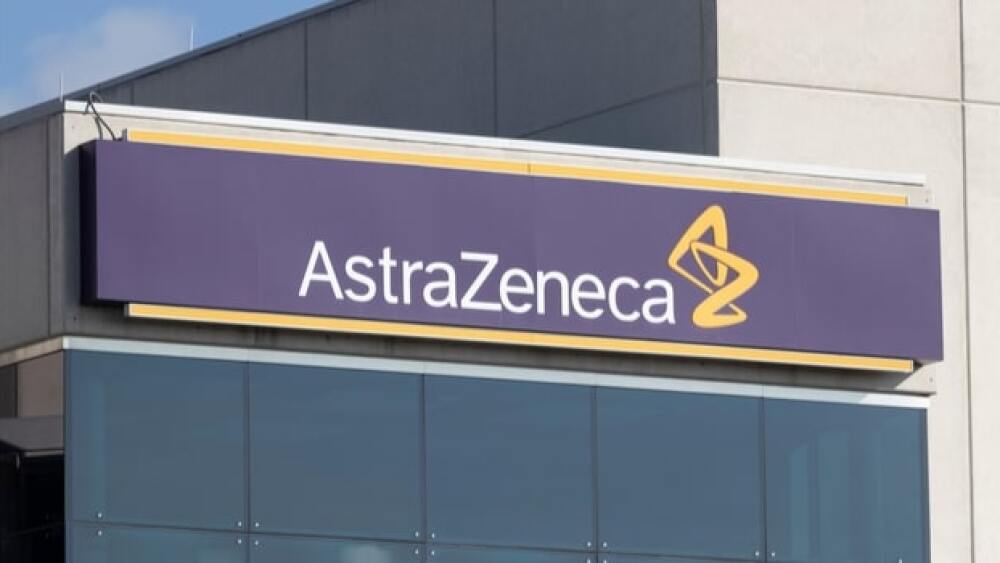On Rare Disease Day, Feburary 28, AstraZeneca announced the creation of the Alexion, AstraZeneca Rare Disease Development Hub in Toronto, Ontario.
Jonathan Weiss/Shutterstock
While some biopharma companies are slashing headcounts, AstraZeneca is adding 500 scientific and high-tech jobs with a significant expansion of its R&D operations in Toronto.
Just in time for Rare Disease Day, Feb. 28, AstraZeneca announced the creation of the Alexion, AstraZeneca Rare Disease Development Hub, which will focus on rare disease research.
AstraZeneca acquired Alexion, a leading drug developer for rare diseases, for $39 billion in December 2020.
The investment deepens AstraZeneca’s Research & Development Hub in Mississauga, a Toronto suburb. This hub conducts clinical studies across various therapeutic fields, including chronic kidney disease, COVID-19 and lung, prostate and breast cancer.
AstraZeneca’s Canada expansion aims to develop innovative medicines to treat, prevent and potentially cure rare, ultra-rare and complex diseases. Kiersten Combs, president AstraZeneca Canada, said in a prepared statement.
AstraZeneca has taken concrete steps to grow its global footprint in the past year. The company made significant progress in China in June 2022, constructing a new facility focused on discovering and developing rare disease treatments.
AstraZeneca has continued making big business moves since. The company pledged up to $1.27 billion in July 2022 to acquire cancer player TeneoTwo. The buyout strengthened AstraZeneca’s cancer portfolio with TeneoTwo’s T-cell engager TNB-486, which is in early-stage development for solid tumors and hematologic malignancies.
In October 2022, the company again entered into an acquisition agreement, this time with LogicBio Therapeutics, in a deal worth $68 million. The buyout, carried through Alexion, further cemented AstraZeneca’s leadership in the rare disease space with LogicBio’s technologies: gene editing platform GeneRide and gene delivery capsid platform sAAVy.
AstraZeneca dropped $320 million in its most recent buyout to buy all of Neogene Therapeutics’ outstanding equity. The acquisition, announced in November 2022, was focused on advancing T-cell receptor treatments against solid tumors.
Rare Disease Rally
The biopharma industry has witnessed promising developments in the lead-up to Rare Disease Day.
Last week, KemPharm, Inc. formally changed its name to Zevra Therapeutics, Inc. to reflect its focus on developing potentially transformational medicines for rare diseases with limited treatment options. Zevra owns arimoclomol, an oral first-in-class candidate for Niemann-Pick type C disease, a rare and often fatal disease characterized by the progressive loss of function in the brain, liver, spleen and other organs.
On Feb. 20, CSL’s Hemgenix (etranacogene dezaparvovec) won conditional marketing authorization from the European Commission for hemophilia B. Hemgenix had previously been approved by the FDA in the same indication, making it the first gene therapy for hemophilia B.
And on Feb.16, the FDA gave its nod to Chiesi’s Lamzede (velmanase alfa-tycv) for treating manifestations of alpha-mannosidosis outside the nervous system. Alpha-mannosidosis is an ultra-rare and progressive lysosomal storage disorder with symptoms such as chest pain, hearing loss, muscle weakness and cognitive problems.






